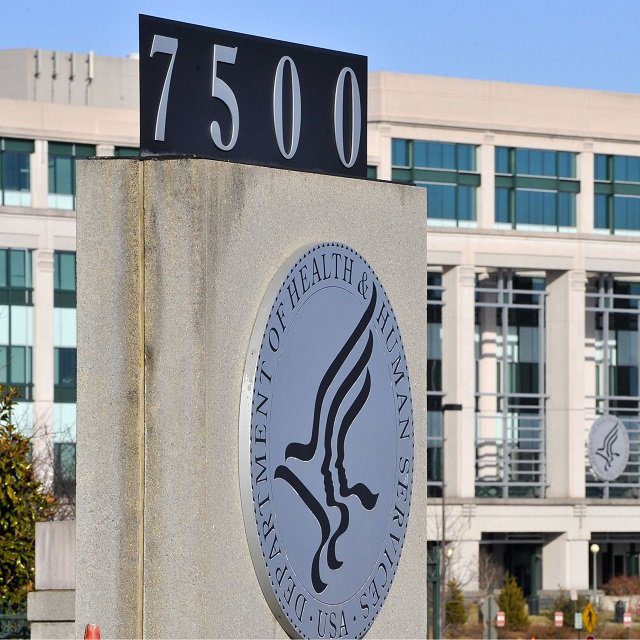Many High-Income Medicare Enrollees Struggle, Too: Survey

Even many high-income Medicare enrollees have a hard time coping with health care costs.
Faith Leonard and other Commonwealth Fund researchers put data about the problem in a new summary of results from a recent Medicare enrollee survey.
For participants ages 65 and older with Medicare coverage and household income of at least 400% of the federal poverty level:
9% had trouble paying either the original Medicare premiums or supplemental coverage bills
8% had trouble with paying medical bills or paying off medical debt
20% had cost-related trouble with getting care
What It Means
Typical high-income Medicare enrollees have an easier time with health care costs than lower-income enrollees, but some are suffering.
The Survey
The Commonwealth Fund is a New York-based health care research center.
The fund researchers commissioned a survey that reached some participants online and some by telephone.
The researchers divided the participants into a low-income category, for household income under 200% of the federal poverty level; a middle-income category, for income from 200% to 399% of the federal poverty level; and a high-income category, for income of at least 400% of the federal poverty level.
In most of the country, for a one-person household, the current federal poverty level is $13,590. The 200% cutoff is $27,180, and the 400% cutoff is $54,360.




